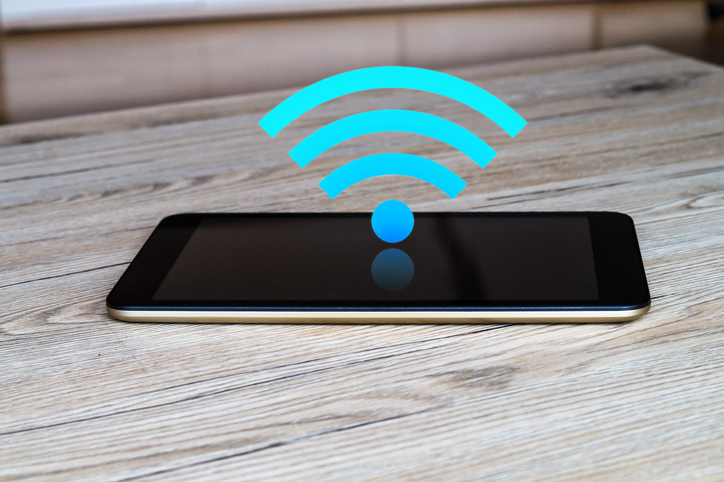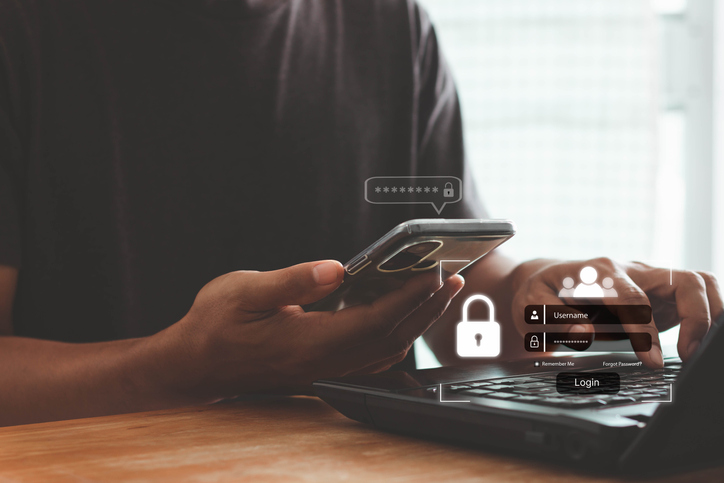Protect Yourself From Obituary Pirates: Here’s How
Most of us know about porch pirates. But what about obituary pirates? The American Association of Retired Persons (AARP) is cautioning people about posting online death notices loaded with personal information about the deceased. They said this could put that person and their relatives on the radar of scammers and opportunists.
How Obituary Pirates Work?
In a scam involving obituaries, scammers target people who are deceased or those feeling emotionally vulnerable after losing a loved one. As a result, these people are less likely to actively monitor their accounts for any suspicious activity.
Information regarding the deceased, often shared by family and friends online, can be easily accessed by criminals. This information may include personal details such as the deceased’s address and social security number, which can be purchased on the dark web. With this information at hand, scammers can pull off fraudulent activities such as opening bank accounts, obtaining loans, acquiring health insurance, or filing false tax returns under the deceased person’s identity.
Additionally, when someone’s going through a tough time grieving, they can be easy targets for obituary pirates. They often pretend to be from government agencies, collection firms, or insurance companies. These scammers might also act like old friends, relatives, or exes popping up out of the blue to chat. But really, it’s just another trick to get personal info for sketchy reasons. Some criminals may go even further and contact the funeral home to discreetly gather financial information about the deceased person or their family.
Some Advice
AARP suggests being on the lookout for red flags to avoid a loved one becoming the subject of a scam or becoming a victim of an obituary scam yourself. After your loved one passes, keep an eye out for surprise bills or credit card charges for stuff bought after they’re gone. Be cautious of calls from people posing as government officials, debt collectors, or insurance agents, claiming there are outstanding taxes, bills, or unresolved matters left by the deceased. And don’t let anyone rush you into paying pronto with wire transfers, gift cards, or reloadable cash cards.
Top Mistakes That Can Get You Hacked
Most people like to think they’re pretty tech-savvy. However, Cobalt Labs, Inc., a platform for security and development, reported that 2,220 cyberattacks occur each day, which equates to 800,000 attacks per year. According to AAG, an IT services company, nearly 1 billion emails were exposed in a single year, affecting 1 in 5 internet users.
In January, there was a data breach that exposed billions of records online. Many outlets referred to this breach as the “Mother of All Breaches.” In a detailed report from CyberNews.com, the leak included websites like Dropbox, Linkedin, and X (formerly known as Twitter). They mentioned in their report that if users use the same passwords for their Netflix account as they do for their Gmail account, attackers can use this to pivot towards other, more sensitive accounts. They added, “Apart from that, users whose data has been included in supermassive MOAB may become victims of spear-phishing attacks or receive high levels of spam emails.”
Red Flags of Hacking
There are many ways to tell if you have been hacked, from redirected internet searches and unexpected installs to rogue mouse pointers. Some studies show that random pop-ups that quickly appear with links or advertisements can be a sign. Sometimes, one may see fraudulent antivirus warning messages, saying that your computer has been hacked from an antivirus “software” you have never actually installed. This can also be unwanted browser toolbars, emails sent from your email to your contacts, and passwords being declined among other telltale signs.
Avoid Getting Hacked
For many years, people have been told over and over again about the risk of hackers tapping into your technology. Even as technology advances and more and more security software and management techniques are created to prevent these hacks, scammers continue to find ways to break in.
There’s only one sure way to avoid getting hacked. And that’s to never go online. Unfortunately, many of us don’t have that option. So, check out some of the top mistakes that can get you hacked below.
Kayla is the midday host on Detroit’s 105.1 The Bounce. She started her career in radio back in 2016 as an intern at another Detroit station and worked her way here. She's made stops in Knoxville, TN, Omaha, Ne and other places before returning to Detroit. She’s done almost everything in radio from promotions to web, creating content on social media, you name it.
She’s a true Michigander, born and raised. So, you can catch her camping or vacationing up north to exploring the downtown Detroit or maybe even catching a sports game. During her free time, Kayla enjoys watching movies, roller-skating, crafting, and music festivals. She and her husband together dip into many of the great things Michigan has to offer. Together they also like to travel.
A few hobbies of hers include wine and beer tastings, crafting, hiking, roller skating, movies, home improvement projects, gardening, and festivals. She’s always looking to take on more local events happening in the community.
She loves connecting with the community. When writing, Kayla covers topics including lifestyle, pop culture, trending stories, hacks, and urban culture.







